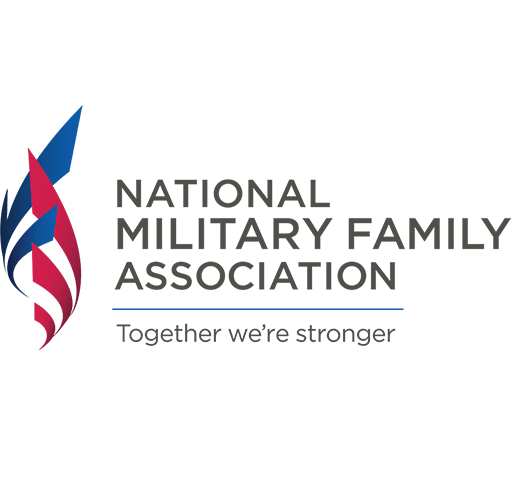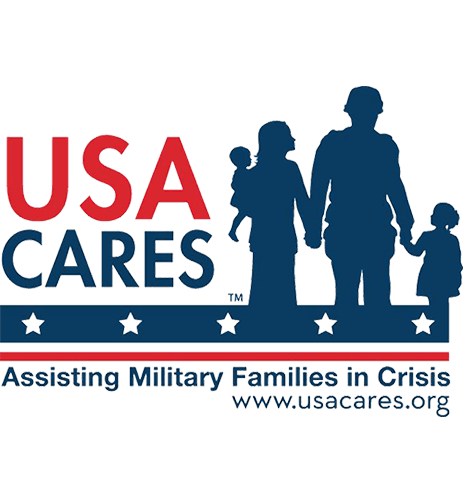Career Talk Blog | Assisted Living Technician Certification Program
Do you crave a career where you make a difference peoples’ lives everyday?
Taking care of others requires patient, dedicated, and hardworking people who are truly special. Assisted living is for adults who may need help with daily tasks such as taking medication, bathing and preparing meals but still strive to have independence. Assisted Living Technicians play a key role in ensuring that aging adults are cared for properly on a daily basis.
If you picture yourself working in a senior-living environment, a retirement community, nursing home or long-term care facility, a career as an Assisted Living Technician is for you.
These careers are highly demanded and fortunately for military spouses, working in assisted living means you’ll have little down time between jobs when your family moves.
Military spouses can become a certified Assistant Living Technician through The Major Group in as little as six months. Offered through both Tyler Junior College and Texas A&M International University, the program is 100% online and at your own pace.
If you’re eligible for the MyCAA grant, the program is no cost to you. The price of the online class, books loaned to you, and national certification exam are all included. After completion of the online class, students will take the NHA-CCMA national certification exam.
Military spouses who enroll through The Major Group will also have the opportunity to get real work experience as an Assisted Living Tech through our externship program.
After completing the certification exam, students can participate in a clinical externship to help assimilate them into the industry and build their resumes.
What exactly will you learn in this program?
- At the end of the course, students will be knowledgeable on the physiological, physiological, and sociological changes related to aging.
- You’ll be understanding of memory care needs and be able to explain rehabilitation therapies.
- Assisted Living Techs also need to know procedures for caring for individuals with special needs such as cancer and substance abuse disorders.
- In the workplace, you’ll regularly be hands on helping care for patients, changing their dressings, testing blood glucose or collecting specimens.
If you’re passionate about helping aging adults and want to ensure they have a good quality of life no matter what stage they’re in, this career is for you.







